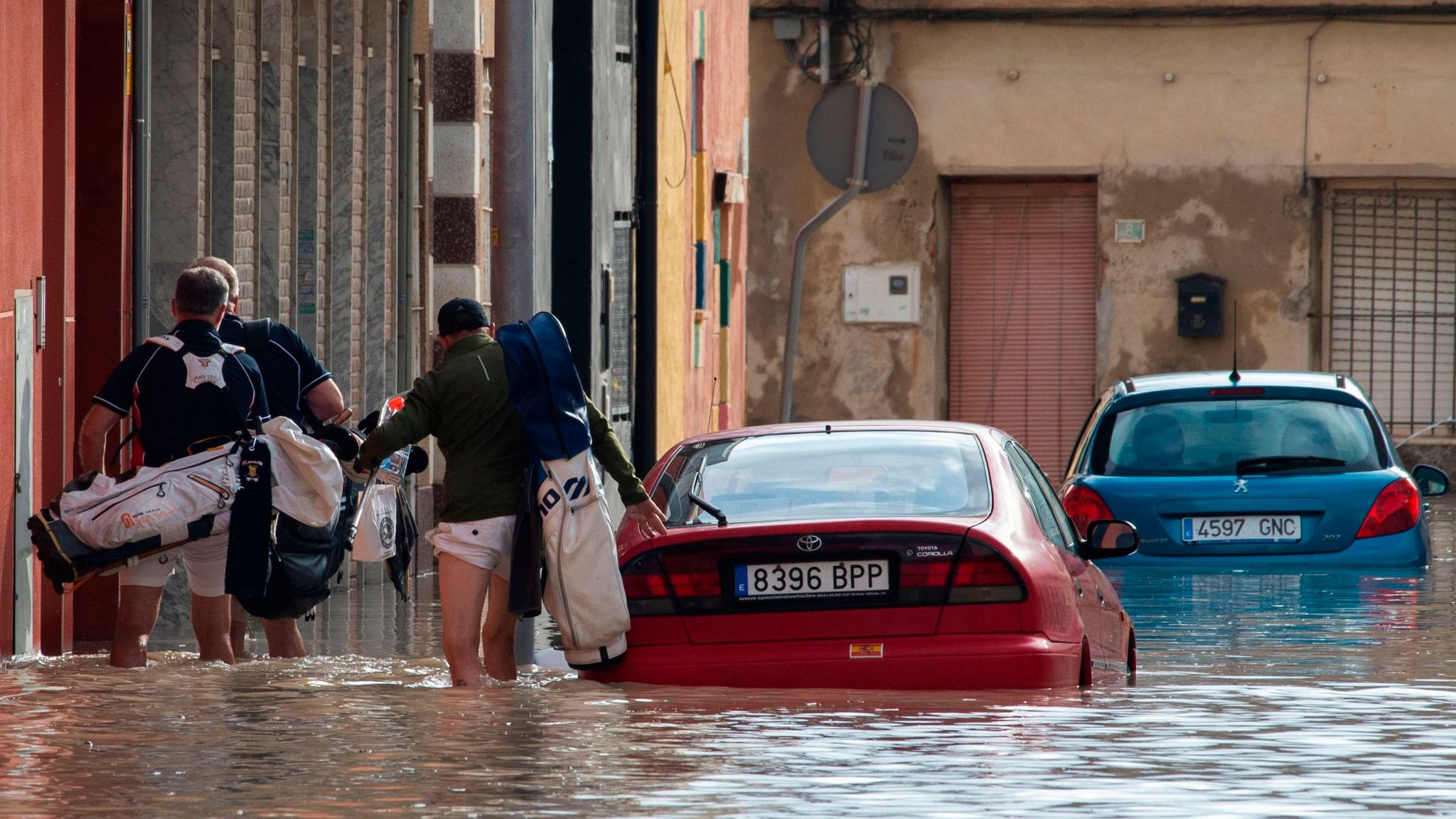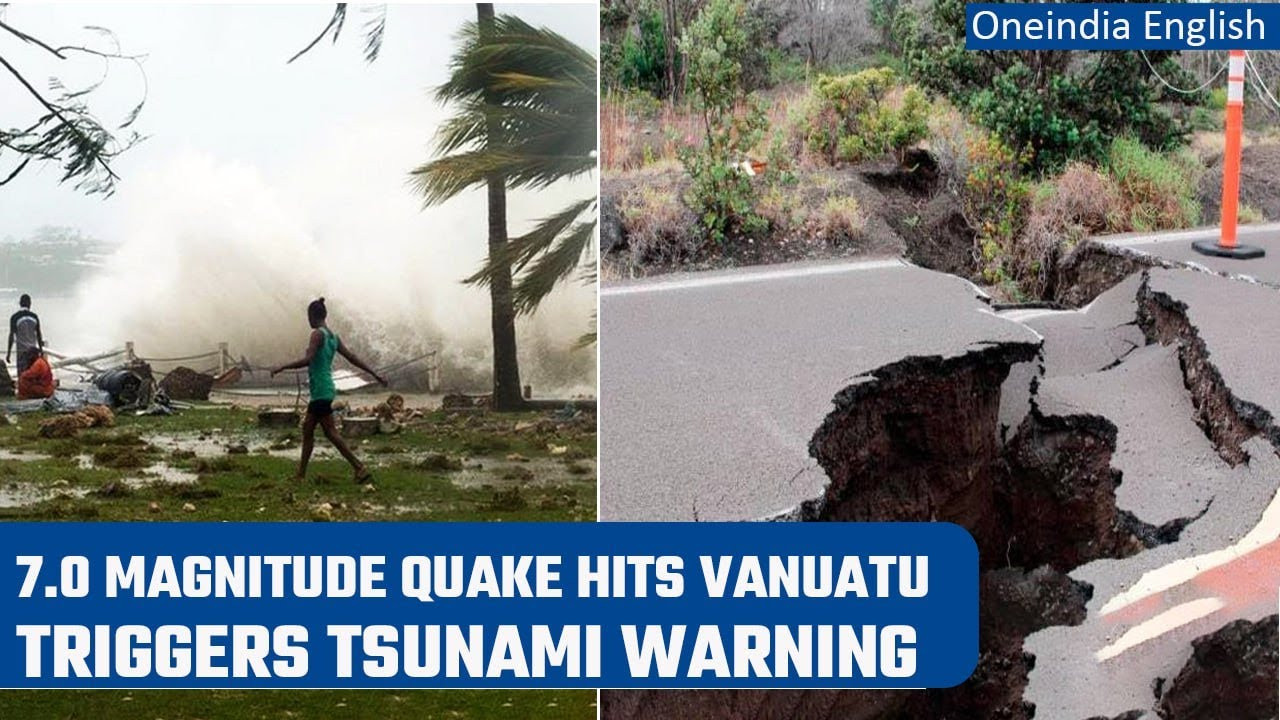Thousands of people have been evacuated from their homes in the Costa del Sol region of southern Spain as extreme rain and flooding drenches the area. Parts of the eastern Valencia area have also been placed on the highest alert, weeks after the area was devastated by flash floods that killed more than 220 people. The Malaga area, including the tourist resorts of Marbella, Velez and Estepona, is expected to take the brunt of the extreme weather phenomenon known as a "Dana". Authorities in eastern and southern Spain have closed schools and begun evacuating some residents as the country is pounded by further torrential rains two weeks after the catastrophic floods that killed at least 215 people and unleashed a bitter political blame game.
Evacuations and School Closures
The Malaga area is bracing for up to 180mm of rain in just 12 hours, accompanied by thunderstorms along the coast near Tarragona. National weather office Aemet has placed both Malaga and the northeastern Catalonia region on the highest alert for strong rain expected to last until Friday. Footage circulating on social media showed the city's normally busy areas deserted as water flooded the streets. Schools in the entire southern province of Málaga have been closed while many supermarkets have kept shutters down. Around 3,000 people living in close proximity to the Guadalhorce River have been told to leave their homes, the Regional Government of Andalusia has said. The severe weather alert in Málaga has also led to the opening tie of the Billie Jean King Cup between Spain and Poland being postponed, the International Tennis Federation said.
Impact of Second Dana
While the current storm is not expected to be as powerful as the last one, the impact of the rains could be severe because of the huge quantities of mud already on the ground and the compromised condition of the sewage system. Valencia’s regional government – which has been criticised for its handling of the disaster – advised councils in affected areas to close schools and to recommend that people worked from home. Almost 20,000 military personnel and police officers are still engaged in the clean-up operation in Valencia, which was the region hit hardest by the floods a fortnight ago.
Political Fallout
The floods, which are the worst natural disaster in Spain’s recent history, have led to confrontations between the regional and local authorities, as well as a huge protest over the weekend. Growing public anger over the authorities’ handling of the emergency brought 130,000 people on to the streets of the city of Valencia on Saturday evening to call for the resignation of the regional president, Carlos Mazón, who is overseeing the relief effort. Mazón, a member of the conservative People’s party (PP), is under mounting pressure after it emerged he had a three-hour lunch with a journalist on 29 October, the day the torrential rains hit the region, and did not arrive at the emergency command centre until 7.30pm that evening. Much of the anger also stems from the fact that Mazón’s administration waited almost 14 hours before sending emergency civil protection messages to people’s mobile phones on 29 October, despite the series of weather warnings issued by Aemet early that morning and the previous evening. Mazón himself has tried to blame Spain’s socialist-led government, and even the armed forces’ military emergencies unit (UME), whose personnel have been deployed to the region in huge numbers. The PP, meanwhile, is attempting to point the finger at Spain’s environment minister, Teresa Ribera, who has been designated as the European Commission’s executive vice-president for the clean, just and competitive transition. The party used her EU confirmation hearing in Brussels on Tuesday to accuse her of failing in her duties as a minister. Ribera replied that the central government had fulfilled its responsibilities when it came to sounding the alert – Aemet falls under the control of her ministry – and had offered help in responding to the emergency, which remains under the control of Mazón’s administration. She also said that many local authorities in Valencia had heeded the Aemet warning and taken appropriate action such as closing schools on 29 October.
Climate Change and the Wake-Up Call
On the first day of the COP29 climate summit on Monday, the Secretary General of the World Meterological Organisation Celeste Saulo said the recent floods in Spain were a strong message to the world. “The incredible amount of rain in Spain was a wake-up call (about) how much more water a warmer atmosphere can hold,” she said. Dana weather systems are formed when an area of low pressure gets “cut off” from the main flow of the jet stream. This means that instead of moving through a region relatively quickly, they get blocked over the same area leading to persistent rainfall for several days. Colder air high in the atmosphere meets warmer air flowing in from the Mediterranean which intensifies the storm.
A Time for Reflection
The recent floods in Spain are a stark reminder of the devastating impacts of climate change. As the world grapples with increasingly extreme weather events, it is imperative that we take decisive action to mitigate the risks and build more resilient communities. The Spanish government, along with other nations, must invest in flood mitigation infrastructure, improve early warning systems, and implement policies to reduce greenhouse gas emissions. Only by taking such steps can we hope to prevent future tragedies and protect our planet for generations to come.

















